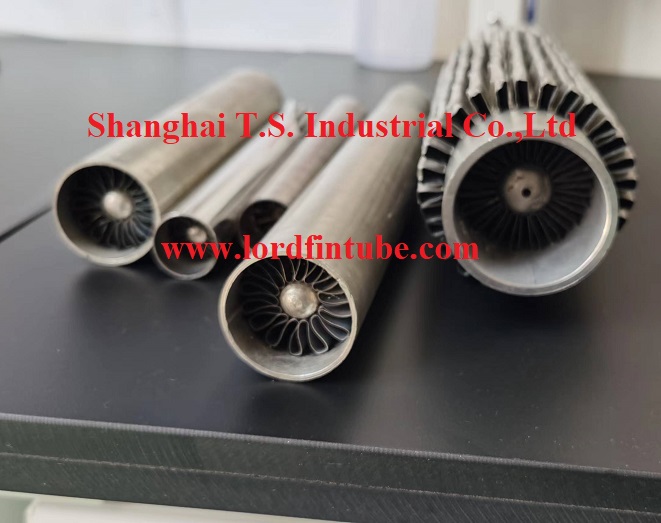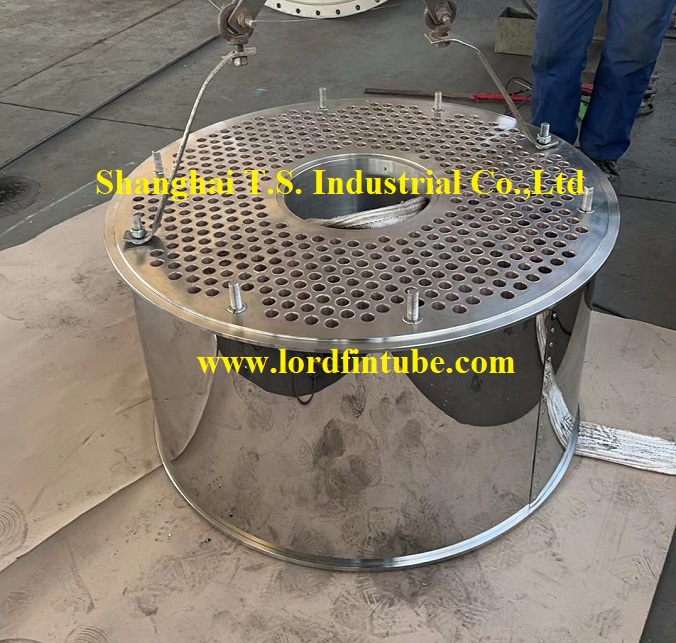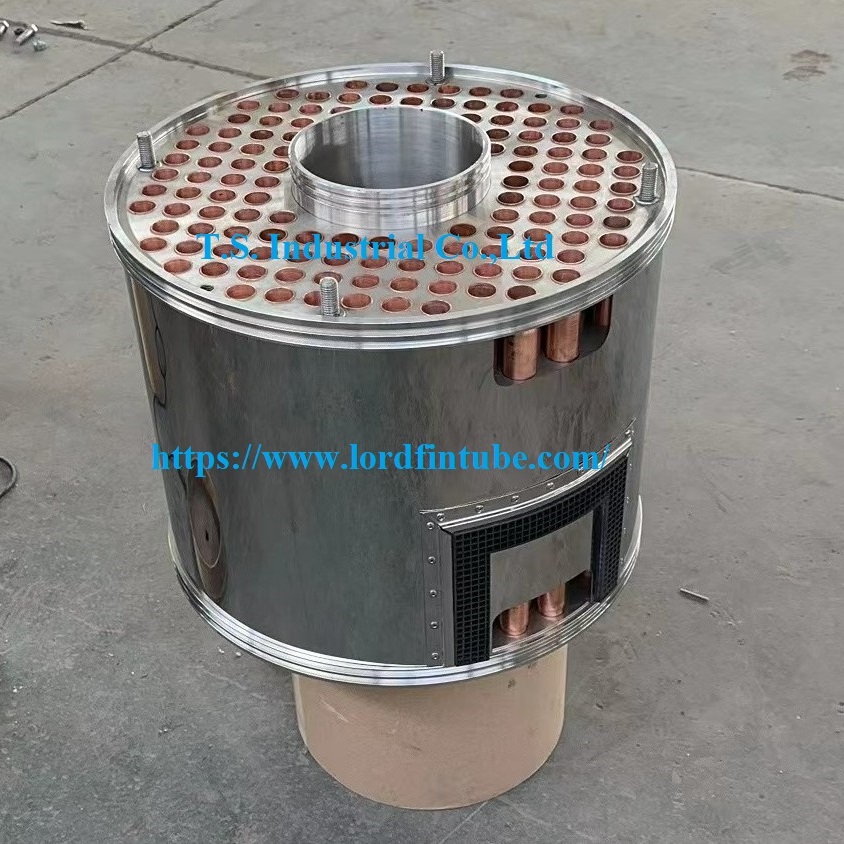Products Description
What is Air Compressor Intercooler?
The compressor air cooler is a cooling device that is specifically used to cool the gas or steam compressed between two compression devices. It is a key component in the multi-stage compression system and plays a vital role. It is located between two adjacent compressors. As an efficient heat exchanger, its main function is to cool the preliminarily compressed gas or steam. By using the external cold air to blow through the cooling fins, the intercooler can effectively reduce the exhaust temperature of the low-pressure compressor, thereby ensuring the stability and efficiency of the entire compression process. This design not only helps to improve the overall performance of the compressor, but also prolongs its service life. It is an indispensable and important equipment in the modern industrial field.
Principle & Function of Air Compressor Intercooler
Principle: During the air compression process, the compressor will generate a lot of heat due to rapid operation, causing the air temperature to rise sharply. High-temperature air has a lower density and contains more moisture. If it enters the next stage of compression or is discharged into the air system without cooling, it will increase energy consumption and damage the equipment. Therefore, the air needs to be cooled after each stage of compression, and this is the main function of the intercooler.
The intercooler is usually located between the various stages of compression of the compressor. It reduces the temperature of the compressed air through a cooling medium (such as cooling water or cooling air) to make the air more stable and achieve the ideal compression effect. While lowering the temperature, the intercooler can also reduce the moisture content in the air to prevent moisture from condensing in the compressor and pipelines, thereby protecting the internal components of the compressor and reducing the risk of corrosion and wear.
Function:
Improve compression efficiency and reduce energy consumption
Reduce equipment wear and extend service life
Improve the quality of compressed air and protect downstream equipment
Stabilize the performance of the compression system
Structural design of Air compressor intercooler
The compressor intercooler is mainly composed of shell, tube bundle, tube sheet, separator tube, fasteners and other components. Depending on the cooling method, the structural design of the intercooler is also different.
Shell: mainly used to protect internal components and play a supporting role in the air cooling process.
Material: stainless steel
Tube bundle: It is the core component of the intercooler

Type:
Material:
Outer tube: copper, copper nickel, chrome-plated copper, stainless steel
Inner tube: copper, stainless steel
Fin: copper, stainless steel
Size:
Length: up to 2 meters
Separator tube sheet: used to guide the flow of air and cooling medium, so that the compressed air and cooling medium are fully in contact and evenly cooled
Fasteners: connect and fix various components
Cooling medium: water, air
Hydrostatic Test of Air Compressor Intercooler
The water pressure test of the compressor intercooler is an important inspection step to ensure that the intercooler can withstand internal pressure and will not leak during operation. The water pressure test mainly verifies the sealing and pressure resistance of the intercooler tube bundle, shell and joints under the design pressure, and is an important step before the intercooler leaves the factory.
Purpose:
Verify sealing
Detect defects
Steps:
Preparation:
Ensure the internal cleanliness of the intercooler and seal the inlet and outlet of the intercooler, leaving only one interface for water injection and pressurization, and ensure that the test area is completely closed
Water injection and exhaust:
Fill the intercooler with clean water, connect the test equipment to the intercooler, and exhaust the air at the same time to ensure that there is no gas interference during the water pressure test
Puting pressure:
Gradually apply pressure to the intercooler, usually the test pressure is about 1.5 times the design pressure (the specific pressure needs to be based on the equipment standard), and keep the pressure stable for a certain period of time. Pressurization should be done evenly and slowly to avoid sudden pressure increase that may cause shock to the equipment
Observation and testing:
During the pressurization process, observe whether there are any abnormalities such as leakage, cracks or deformation on the outside of the intercooler; record the test data, including the test pressure, duration and any observed problems, as proof of the equipments qualified inspection
Why use inner finned tubes as heat exchange tubes for intercoolers?
Compared with general heat exchange tubes, inner finned tubes have fins on the inner wall of the tube, which has a larger heat exchange area, achieving a larger heat exchange area in the same space and improving the heat exchange efficiency. At the same time, the fin structure causes turbulence when the fluid flows in the tube, reducing the thermal resistance between the fluid and the tube wall, so that the heat is transferred out faster.
Secondly, the inner finned tube has high heat exchange performance, which can achieve ideal cooling effect in a smaller volume, meeting the needs of modern compressor systems for compact design.
Application of air compressor intercooler
Industrial manufacturing
Petrochemical industry
Power industry
Medical device manufacturing
Pharmaceuticals
Automobile manufacturing
Aerospace



